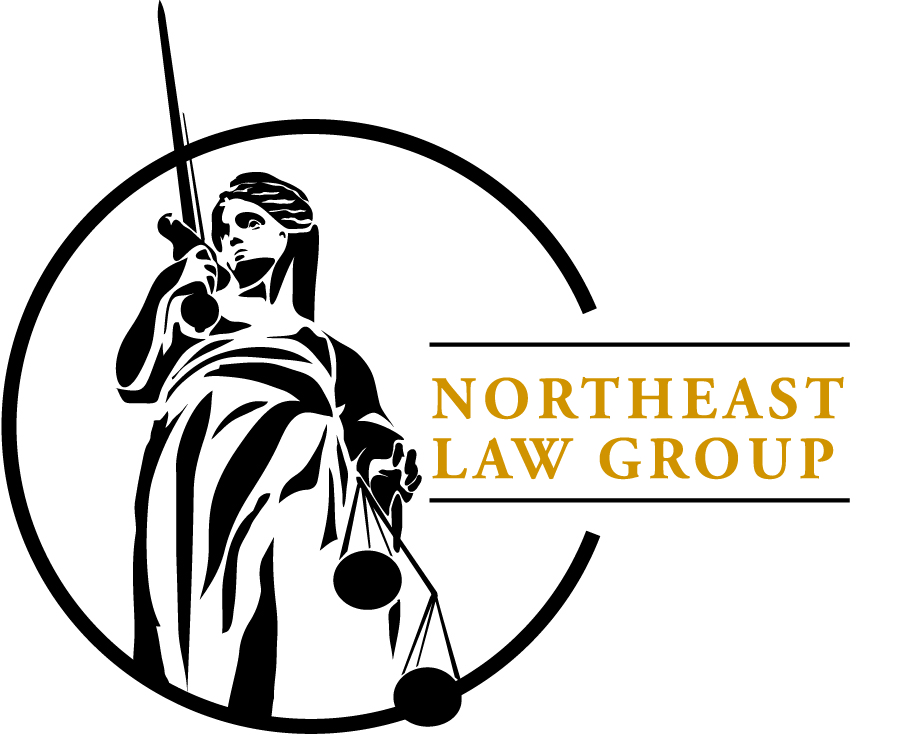FAIR DEBT COLLECTION PRACTICES ACT
About the fdcpa
The statute was passed by Congress in 1977 with the goal of combating the use of "abusive, deceptive, and unfair debt collection practices" and preventing the contribution of these practices to personal bankruptcies, marital instability, loss of jobs and invasions of personal privacy. Congress intended for the statute to provide recourse for consumers in an otherwise uneven market place and courts have often interpreted the statute expansively in favor of consumers.
What kind of debt is covered
Consumer debt is covered by the FDCPA. Courts have ruled that the FDCPA applies to mortgage debt, credit card debt, medical debt, student loan debt, pay-day lending debt, auto loan debt and more.
acts prohibited by the fdcpa
Through several subsections, the FDCPA prohibits debt collectors from engaging in different types of conduct. The following are generalized examples of conduct prohibited by the statute.
- Debt collectors cannot make a false representation of the amount owed on a debt, or add fees and costs not authorized under the agreement or by law.
- Absent special circumstances, a debt collector cannot communicate with the consumer in an attempt to collect a debt before 8:00 AM or after 9:00 PM.
- Debt collectors are prohibited from communicating with the consumer once the debt collector knows the consumer is represented by an attorney.
- If a consumer notifies the debt collector in writing that the consumer refuses to pay the debt or wishes the debt collector will stop all communications, the debt collector must stop contacting the consumer except to tell the consumer that collections efforts are stopping, or when required by a Court.
- Debt Collectors cannot use conduct that has "the natural consequence" to harass, oppress, or abuse a person in connection with the collection of a debt.
- Debt collectors are prohibited from using obscene or profane language.
- Debt collectors are prohibited from making a high volume of repeat calls to a consumer.
- A debt collector cannot collect or demand payment of any amount not owed by the consumer.
- The solicitation of a postdated check by a debt collector is prohibited.
- Any threat to take nonjudicial action to acquire possession of property is a violation of the statute.
- Debt collectors cannot send mail that has any language, symbol or indicator on the outside that demonstrates the letter is related to the collection of a debt.
damages for the consumer
When a consumer proves the debt collector violated the FDCPA, the Court can award a statutory fine of up to $1,000.00, as well as any actual damages suffered by the consumer. The FDCPA also has a provision that requires the debt collector to pay the attorney fees and court costs for the consumer. This often allows consumers to have every expense related to their case paid for by the debt collector.
what can northeast law group do for you?
Since 2012 Adam Deutsch has represented consumers in lawsuits against debt collection companies and law firms who violate the FDCPA. In that time, Adam has become a leading expert in the FDCPA publishing academic works and providing lectures to other attorneys on the statute. More importantly, Adam has recovered hundreds of thousands of dollars in damages, costs and attorney fees for consumers while helping to put an end to abusive debt collection practices. If you or someone you know is the victim of abusive debt collection practices, contact Northeast Law Group for more information. Our representation is affordable and effective, putting the consumer first.
